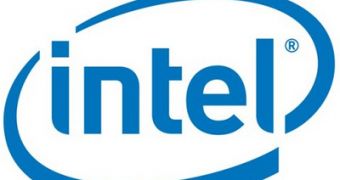The past year was packed with changes on the IT market, ranging from small to large, and it appears that the development route taken by Intel and ARM is leading to various speculations regarding the future, like the one made by Lenovo.
Until early last year, there was a clear distinction on the worldwide consumer technology market.
The PC market was controlled by x86 CPUs (Mostly Intel) and Microsoft's Windows operating system, while the mobile front belonged to ARM chips and various operating systems, like Android.
Then, the tablet market emerged and proved more successful than anyone would have expected, leading to visible changes.
ARM processors became more and more powerful, all the while retaining their power efficiency advantage.
Tablets have, meanwhile, begun to slowly impact on laptop market share, especially netbooks.
Of course, the desktop segment and most notebooks are still beyond the reach of these products, but Lenovo thinks the “Wintel” (Windows + Intel) monopoly is nearing its end.
Basically, IT players were forced to recognize that tablets could, in fact, act as a means for ARM to infiltrate the PC market.
Meanwhile, Intel wants to do the same to the mobile phone industry, hence its efforts in creating low-power x86 chips (Oak trail).
With some slates already featuring both Windows and Android (dual-boot), one can only assume that hardware and software developers will be getting new opportunities and outlets, especially with the line between enterprise and consumer systems getting thinner.
"We find it rather exciting in this new era we're going into that it marks the end of the 'Wintel' monopoly. It offers more room for innovation and choice of OS and CPUs. I think there will be more types of platforms,” Liu Chuanzhi, the chairman of Lenovo, is said to have stated.
“Right now, I think (the combination of Windows and Intel chips are) still the best choice for enterprise machines, but I think gradually the distinctions between consumer and enterprise machines will also change."

 14 DAY TRIAL //
14 DAY TRIAL //